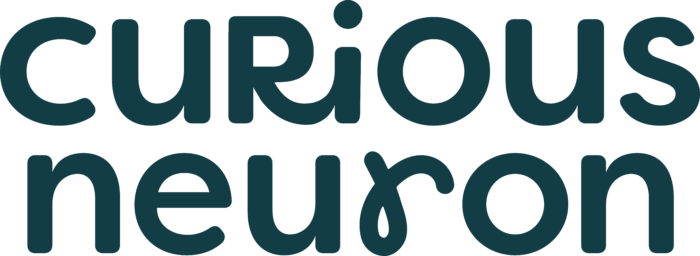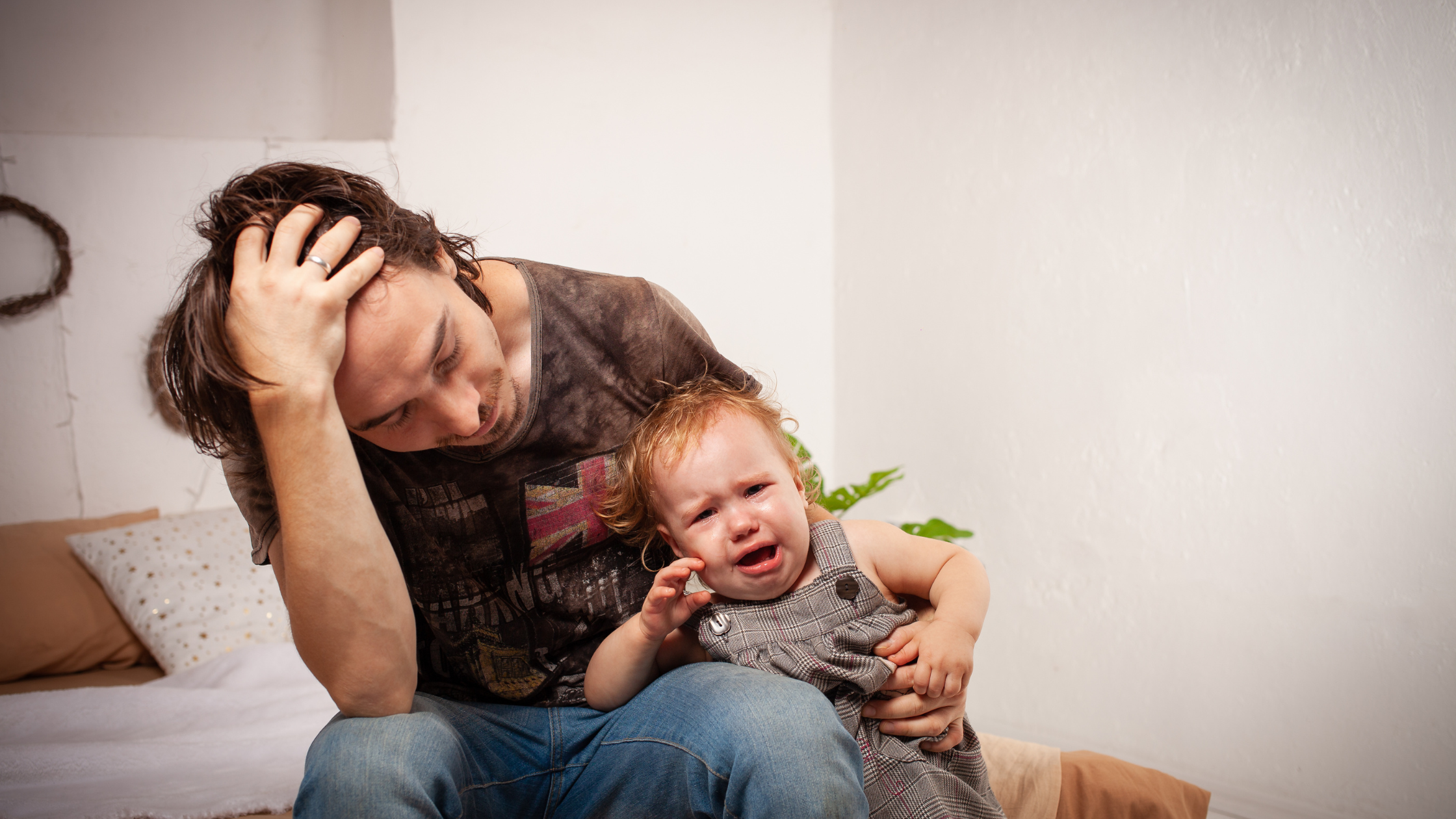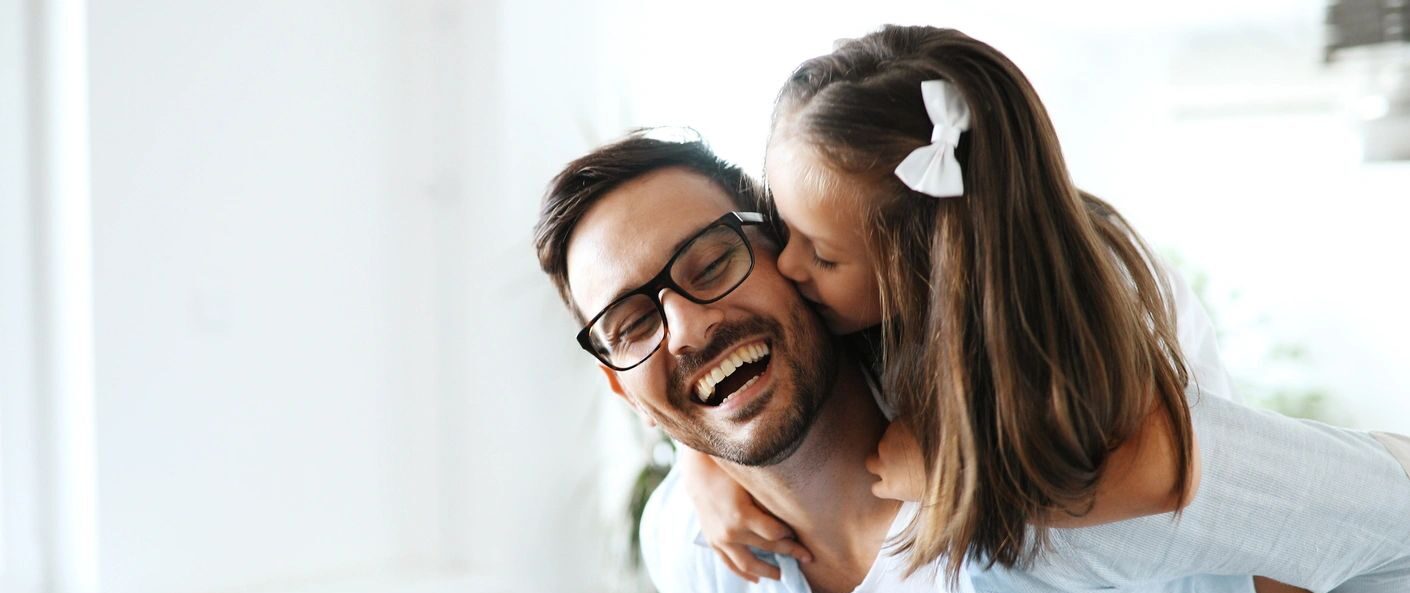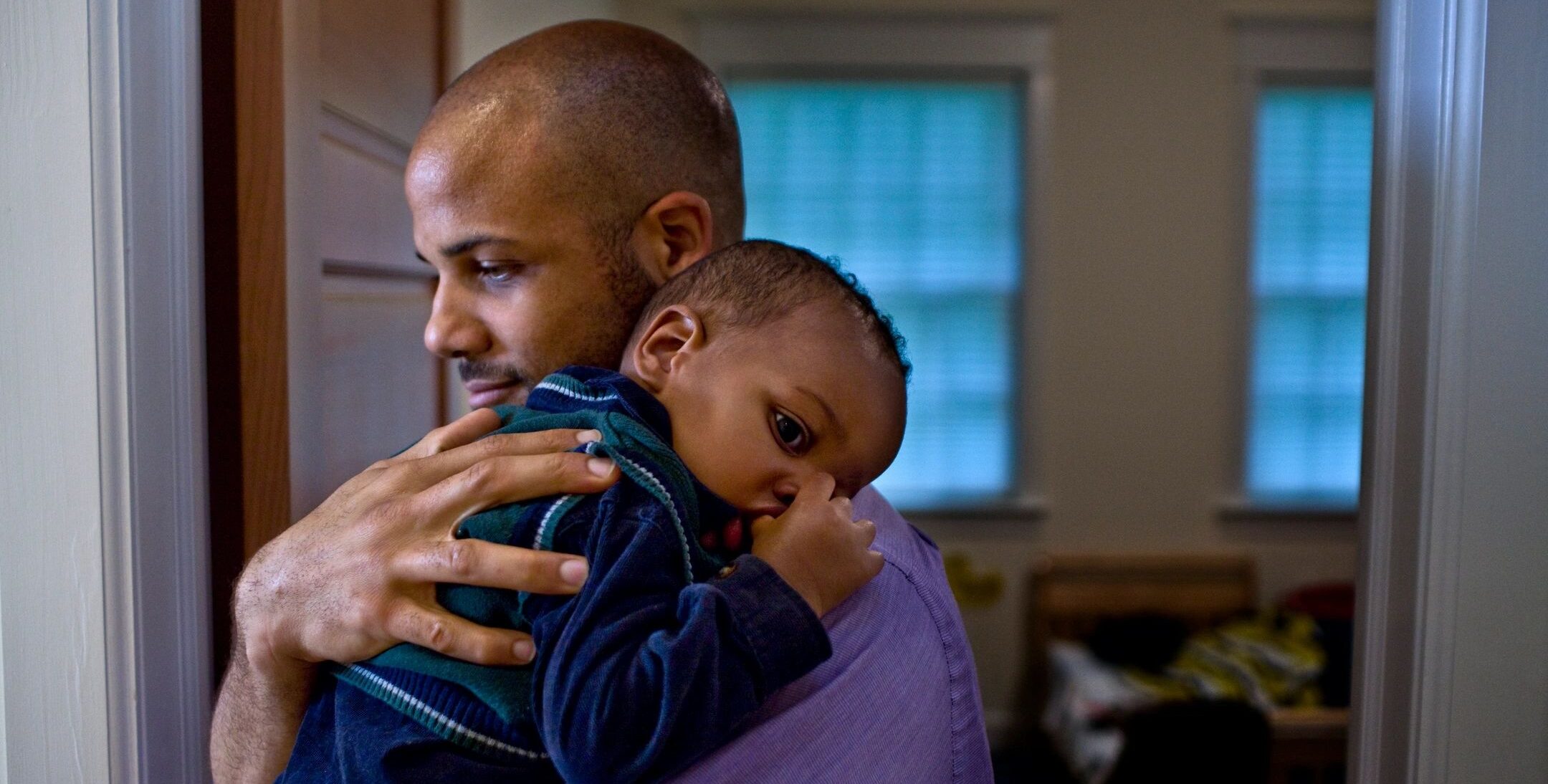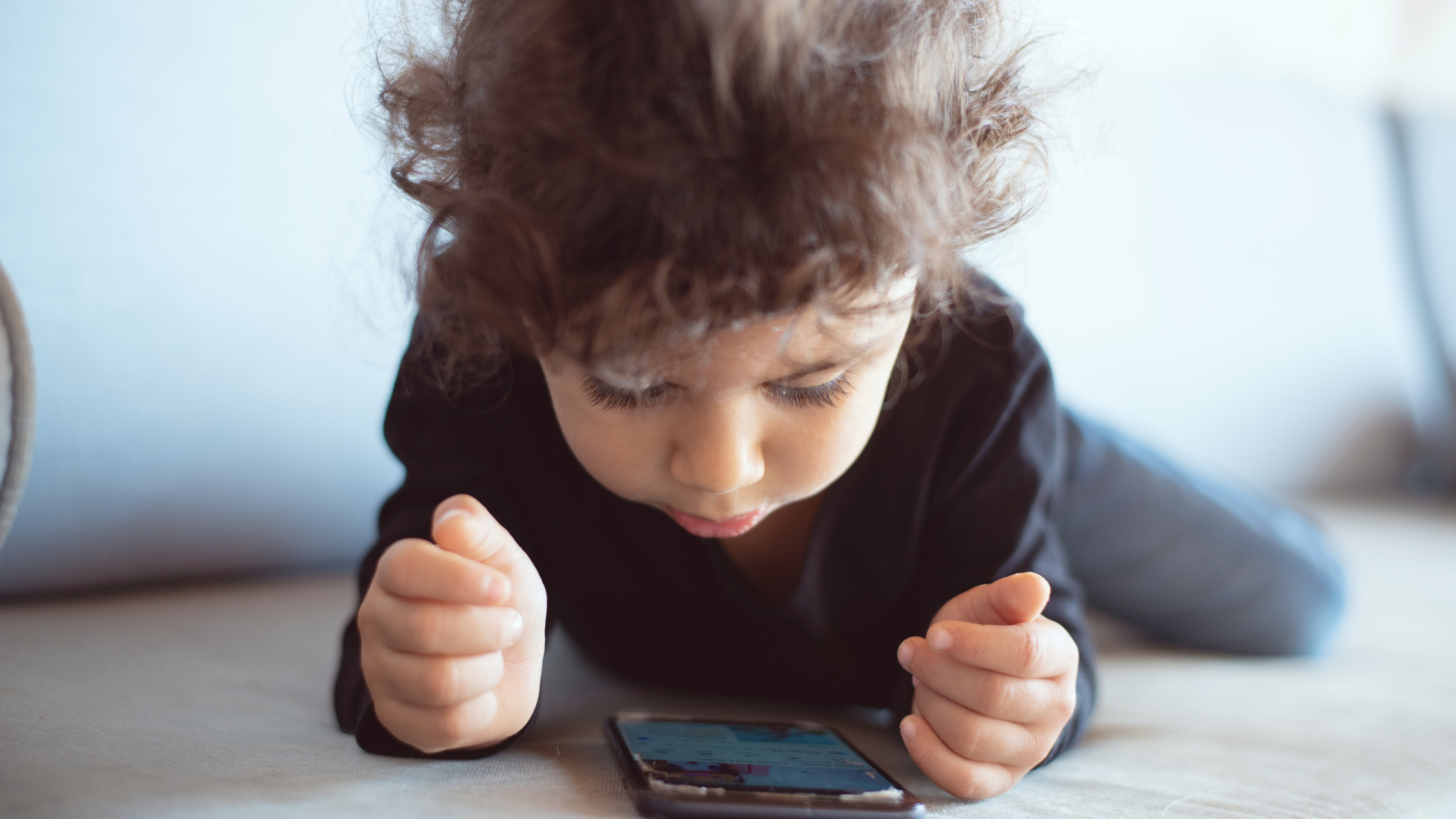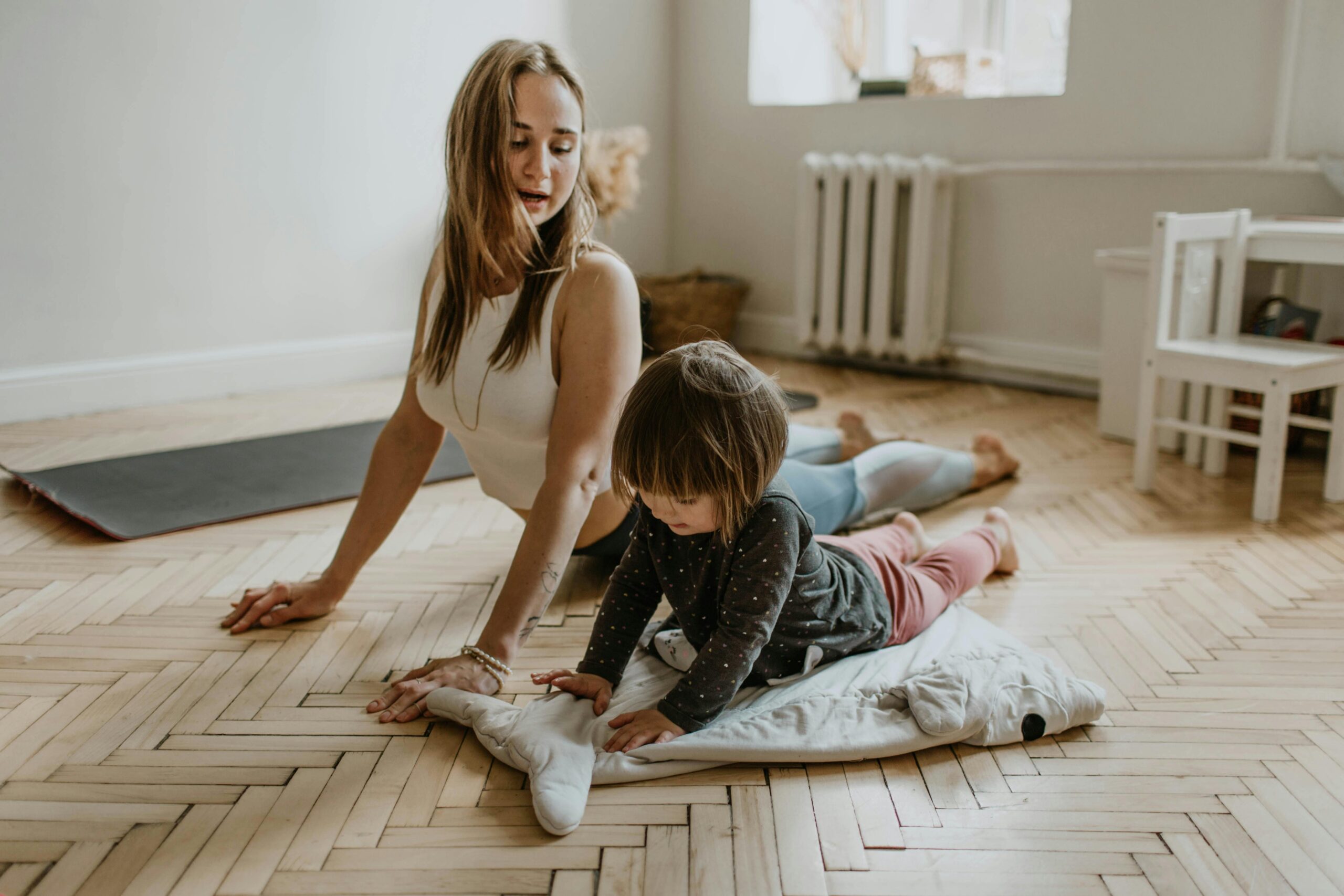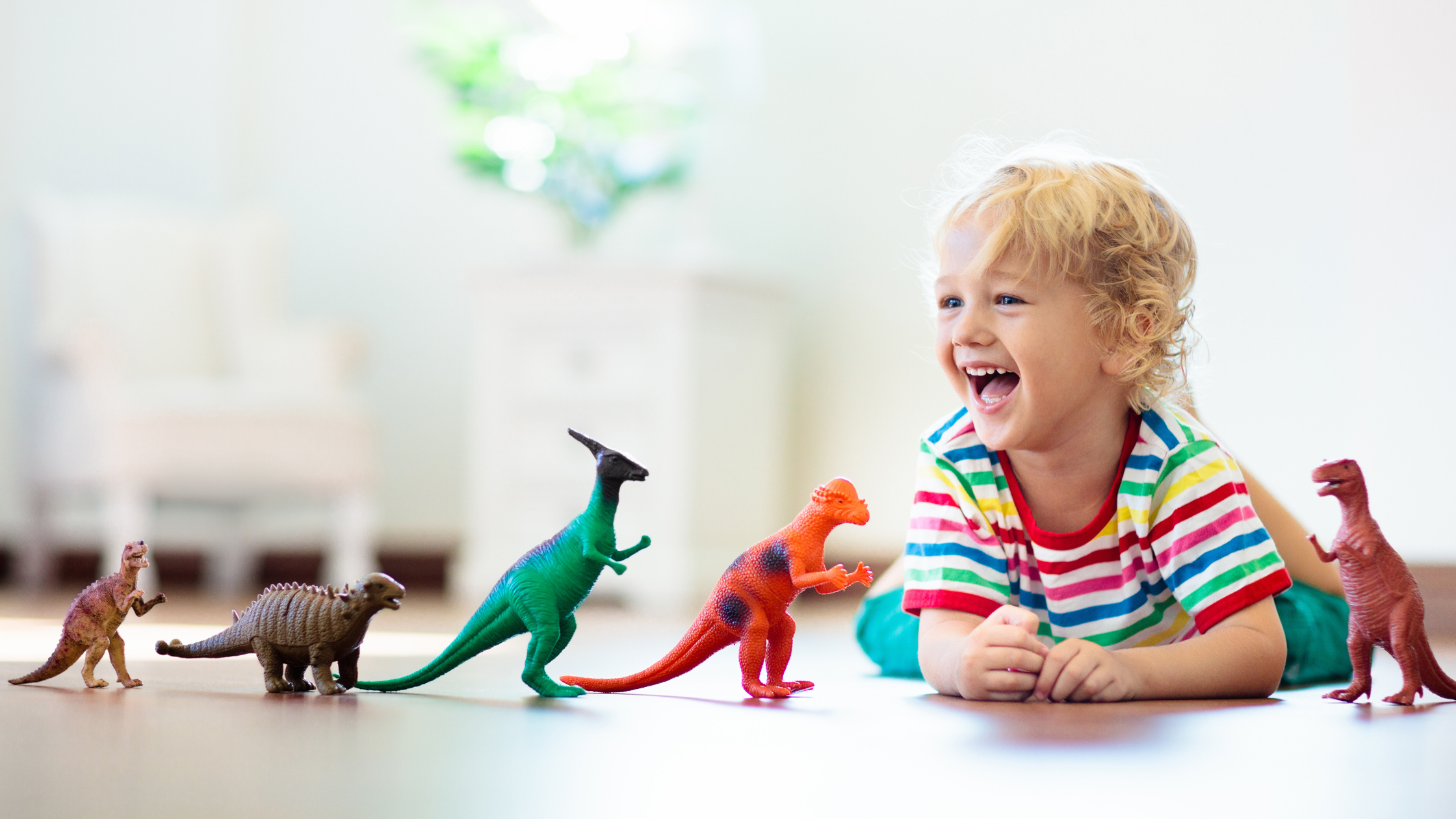Written by Avvy from @muddly_puddly (Early years STEM communicator at a science museum)
In my work, I come across many loving carers who want to “do science” with their children, but feel they lack the confidence or correct knowledge. If you’re one of these people, please don’t worry.
Your babies were already born with scientific minds to make sense of the world: observing phenomenona, understanding patterns, directing cause and effect, repeating methods, drawing on their data, retesting hypotheses in new ways, forming conclusions. Playtime, dinner time, bath time, social time: all experimenting time.
The key lies in how we nurture and sustain this wondrous, curiosity-driven way of thinking in our children, this ability to keep noticing, questioning, forming ideas, and deepening their connection to the world. (For more ideas and info on scientific inquiry in preschool children, click here)
My approach:
-
Don’t isolate science to a time or place. Yes, it’s my paid job to set up workshops and demos, but I try not to perform ‘Science’ as a trick that starts and stops. It’s important to keep linking those same concepts in real life, so science can be absorbed anywhere.
-
“I wonder why.” Say this a lot. And, as annoying as it can be, encourage the “why” phase in your kids. You can always say “I’m not sure, why do YOU think it is?”
-
Don’t always know the answer. Follow their line of reasoning. Exchange ideas. Ask “where is that funny shadow from?” instead of “is it coming from this”. If you can, test their idea with them. Make guesses and have failures.
-
There are no unsuccessful experiments. A null result is still valuable information.
-
Wrap your children comfortably with scientific language: “the ice cube is not as dense”; “the drum is vibrating”, “it’s become a liquid now”; “your nightlight is out of electrical energy”; “brush bacteria from your teeth”; “the plant is dehydrated”; “the swing needs more force”. Words matter. Science shouldn’t be daunting. Normalize it. Enrich life with it.
-
Give yourselves tools, technology, resources. It’s an amazing, exciting age we are in. Learn together.
So. You don’t need to “do science” or “know science”. The goodness of science is it’s happening anyway, and you can join in. The beauty of science is in the not knowing.
For ideas on how to incorporate science and nature into play, art, mess and magic, follow @muddly_puddly
